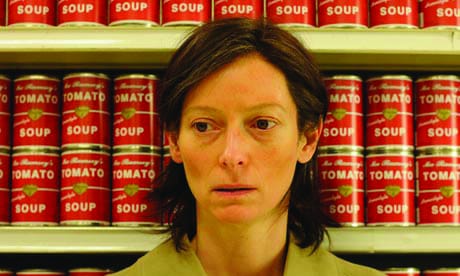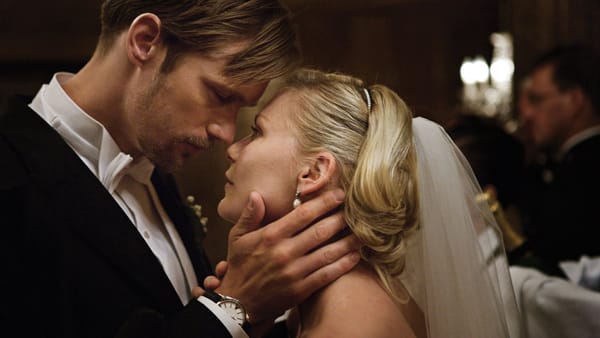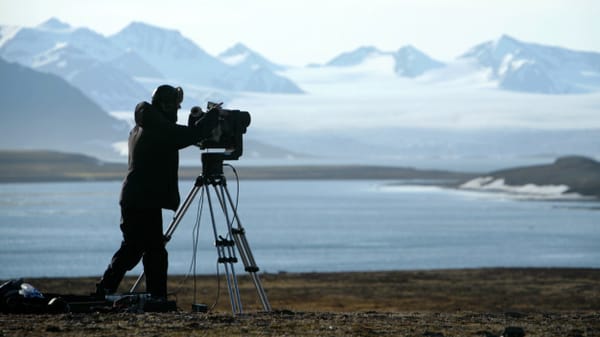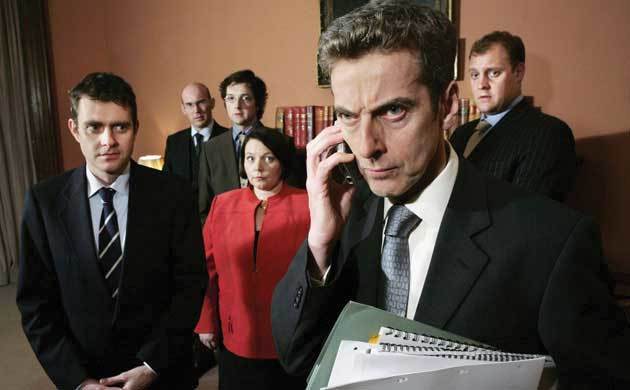Let's talk about mummy's little monster
A trippy, synaesthetic nightmare, says Henry Turner-Chambers

We Need to Talk About Kevin
Director Lynne Ramsay
Screenwriters Lynne Ramsay, Rory Kinnear, Lionel Shriver (novel)
Cast Tilda Swinton, Ezra Miller, John C. Reilly
I can’t say that I walked into We Need to Talk About Kevin expecting a trippy, synaesthetic nightmare. But that’s what I got, and it was very good with it too. The film is intensely visual – sparse on dialogue and filled with kaleidoscopic and non-chronological sequences, particularly in the first half. The linearity of the closing scenes is less impressive in many ways, in spite of Ezra Miller’s hypnotically ugly and malevolent presence as the teenage Kevin.
Every scene contains a strong undercurrent of violence, from Kevin’s traumatic birth through to the mass-murder which is the culmination of his life. There is extensive use of bright colour – most obviously red, which symbolises first the threat and later the paralysing guilt of Kevin’s traumatised mother. The camera focuses on awkward and anxious movements of hands, feet and mouths. A shot involving the consumption of a lychee is particularly vile.
The film opts out somewhat from the discussion of nature/nurture that was so prevalent in the book, exchanging realist interactions with an oppressive and immediate sense of doom. In this it has much more in common with paranoid horror films like Rosemary’s Baby than the kitchen-sink mundane school of nastiness. While Kevin’s mother Eva and father Franklin are not the best parents, it is impossible to establish a moment at which they clearly become responsible for Kevin’s evil. He appears to have made it his mission to destroy his mother’s life before he is even born – at least from her perspective. Their behaviour towards one another is self-perpetuating and fascinating to watch. Eva certainly considers it to be her fault, whilst being manipulated by her son into apathy as he mutilates his little sister.
Tilda Swinton’s portrayal of Eva is masterful. By the (chronologically) later scenes her life has been destroyed so utterly that the viewer is left unable to empathise with the strange shell that has been left. After losing her family and business (exactly how she loses her money is not really explained – one of the film’s few narrative slips) and gaining the almost universal hatred of the townspeople she is left completely alienated and alone. Kevin is all she has left. Since his infancy, each has been the only one to truly understand the other. Their love, written in hatred as it is, is the only survivor of Kevin’s massacre. As individuals, neither made it out alive.
Incidentally, who should sit next to me in the cinema but Simon Amstell! In retrospect I probably should have asked him what he thought.






